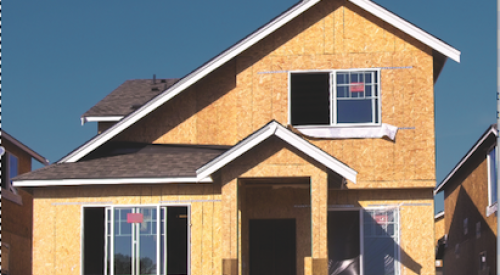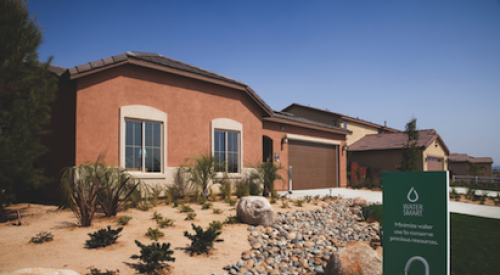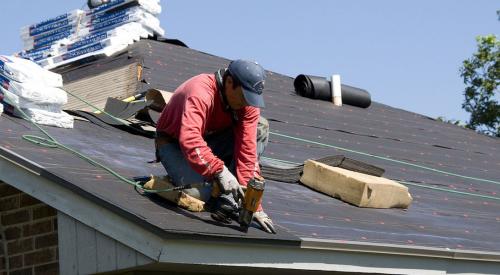 |
The governor recently signed into law AB 2604, a bill that encourages — but does not mandate — California local jurisdictions to defer collection of impact fees until as late as the close of escrow on a house, allowing builders to get projects off the ground that would otherwise be unfeasible. In most municipalities, fees have been collected when building permits are pulled or even when land-use approvals are granted.
“In Southern California, our impact fees vary between $50,000 and $100,000 per home,” says Barratt American Homes President Mick Pattinson, a long-time activist against the burden such fees impose on housing affordability. “This bill is a start toward reversing the upward trend.”
Nick Cammarota, general counsel for the California Building Industry Association, was part of the CBIA lobbying team that pushed the bill in Sacramento. “There's no stick in it, no penalty to municipalities that continue to collect fees early,” he says. “The previous state law said collection of fees could be happen any time up until the date of certificate of occupancy. Some municipalities argued the state was mandating that they never be paid later than that. This bill now makes it clear it's OK with the state to delay collection until close of escrow.”
When the money is collected makes a big difference. “In Ontario, where fees average about $50,000 a house, that's $500,000 on a phase of 10 houses,” says Adrian Foley, president of Brookfield Homes' Los Angeles/Orange County Group. “If I don't have to pay it up front, I can use that money to build two or three houses. If the fees don't have to be paid until close of escrow, we don't have to transact cash at all. We can just pay from the proceeds (of each closing).”
CBIA argued there's no need for fees to be paid before occupancy because there's no “impact” on local services until a house is occupied. But local governments say they often have to advance money for infrastructure years earlier. They don't want to wait to collect fees when the investment is already out of pocket. But many municipalities now realize it's a moot point if no houses get built.
The new legislation does not include school impact fees. “We didn't want to pick a fight with the school districts, California Teachers Association and the Coalition for Adequate School Housing,” Cammarota admits.










